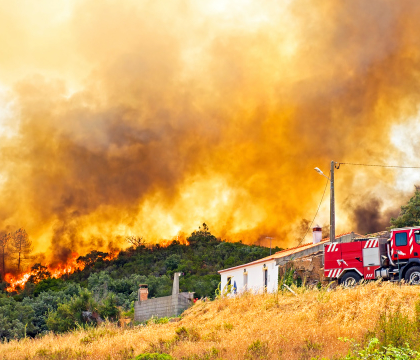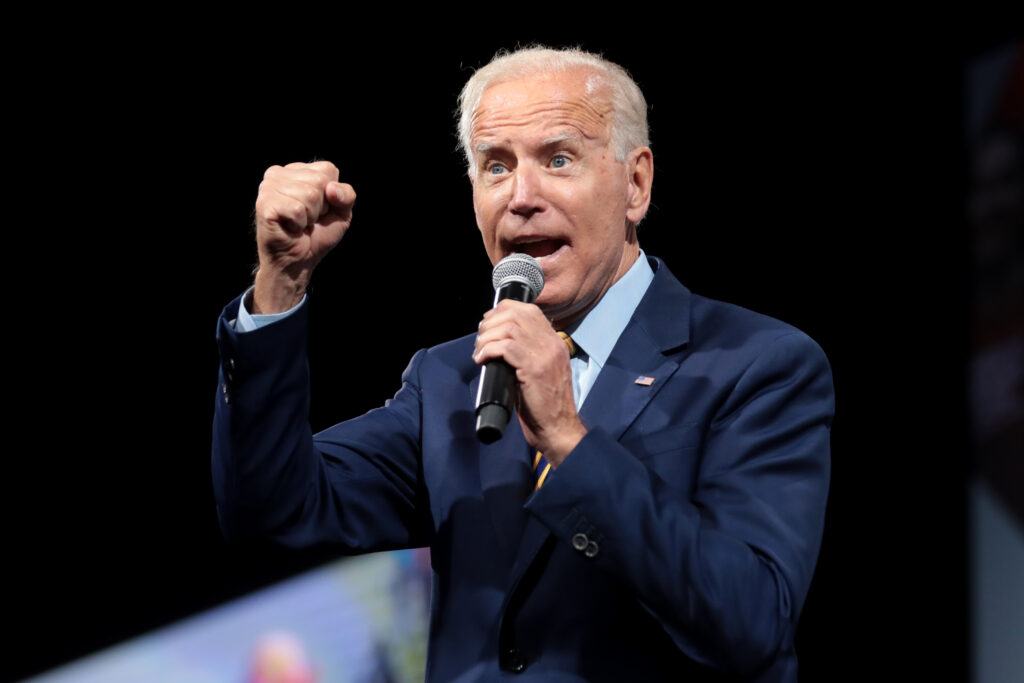Inaction by California utility regulators may have worsened or even initiated parts of California’s deadly wildfires in 2018.
Faced with increasingly expensive, often deadly wildfires plaguing his state, in 2016 then-Gov. Jerry Brown signed a law requiring California’s three big power monopolies to file detailed plans to prevent or limit future wildfires.
Senate Bill 1028 (S.B. 1028) requires Pacific Gas & Electric (PG&E), San Diego Gas & Electric, and Southern California Edison to develop and implement annual wildfire mitigation plans designed to reduce the threat of fires.
The law requires the California Public Utilities Commission (CPUC) to review the utilities’ plans annually, recommend changes and additions to their plans, and audit the companies’ actions to ensure the plans were being implemented.
Delayed Plans, Enforcement
Since enactment of the law, the San Diego Union Tribune found CPUC has failed to direct the utilities to write the required wildfire mitigation and response plans and did not require the companies to undertake wildfire prevention activities under mandated mitigation plans.
During CPUC’s delay in implementing the new law, the 2018 Camp Fire wildfire struck, becoming the most destructive wildfire in California’s history, killing at least 125 people, destroying 18,000 buildings, burning more than 153,300 acres, and causing between $7.5 billion and $10 billion in insured damages.
Though the full cause of the wildfire is still being investigated, PG&E is facing dozens of lawsuits from people harmed by the fires. The plaintiffs claim inadequate maintenance of and clearing around PG&E’s power lines are responsible for the fire, after investigators found sparks from a power line likely ignited a brushfire that quickly spread to nearby homes and businesses.
Criticizes Regulators
California state Sen. Jerry Hill (D-San Mateo), who introduced S.B. 1028, accused California utility regulators of failing to act to prevent wildfires since the law was passed.
“They [CPUC] have done absolutely nothing in those two years,” Hill told the San Diego Union Tribune on December 11, 2018. “The unfortunate thing is we gave them that authority but we did not put a timeline on it.
“We assumed it would be prioritized, but sadly it takes a tragedy to realign priorities—and that’s what we’ve seen—tragedy and devastation,” Hill told the newspaper.
‘Gross Mismanagement’
In a series of tweets, President Donald Trump placed the blame for California’s deadly wildfires squarely on poor forest management.
“There is no reason for these massive, deadly and costly forest fires in California except that forest management is so poor,” Trump tweeted on November 10, 2018. “Billions of dollars are given each year, with so many lives lost, all because of gross mismanagement of the forests.”
Trump doubled down on his assessment the next day, tweeting, “With proper Forest Management, we can stop the devastation constantly going on in California. Get smart!”
Poor forest management is forced by environmental activists’ opposition to logging or any human interference with natural resources in California, says William Shughart, research director of the Independent Institute.
“Environmentalists sue to prevent logging of trees and the clearing of brush and dead trees,” said Shughart. “If you don’t take care of the forest and you don’t allow logging or allow crews in to clear brush and reduce the amount of fuel fires have to burn when wildfires start, you’ve set yourself up for having more, larger, and more dangerous wildfires.”
‘Moral Hazard’
The threat from wildfires is exacerbated by incentives that encourage building residential and commercial complexes in locations prone to fires, says Shughart.
“Many people want to live in or near forested areas, meaning home builders and commercial developers want to build there,” said Shughart. “City planners encourage and allow such development because it because it generates more tax revenue.
“However, building in fire-prone areas creates a moral hazard, because homeowners have come to recognize if their homes and businesses burn down, federal and state taxpayers will bail them out,” Shughart said. “Because of that, homeowners may not to take as much care as to where they build or how they protect their homes against the possibility of wildfires as they would if they bore the full cost of fighting wildfires or rebuilding their homes and businesses destroyed by wildfires.”
Kenneth Artz ([email protected]) writes from Dallas, Texas.
Official Connection
State Sen. Jerry Hill (D-San Mateo): https://sd13.senate.ca.gov/; https://sd13.senate.ca.gov/send-e-mail





